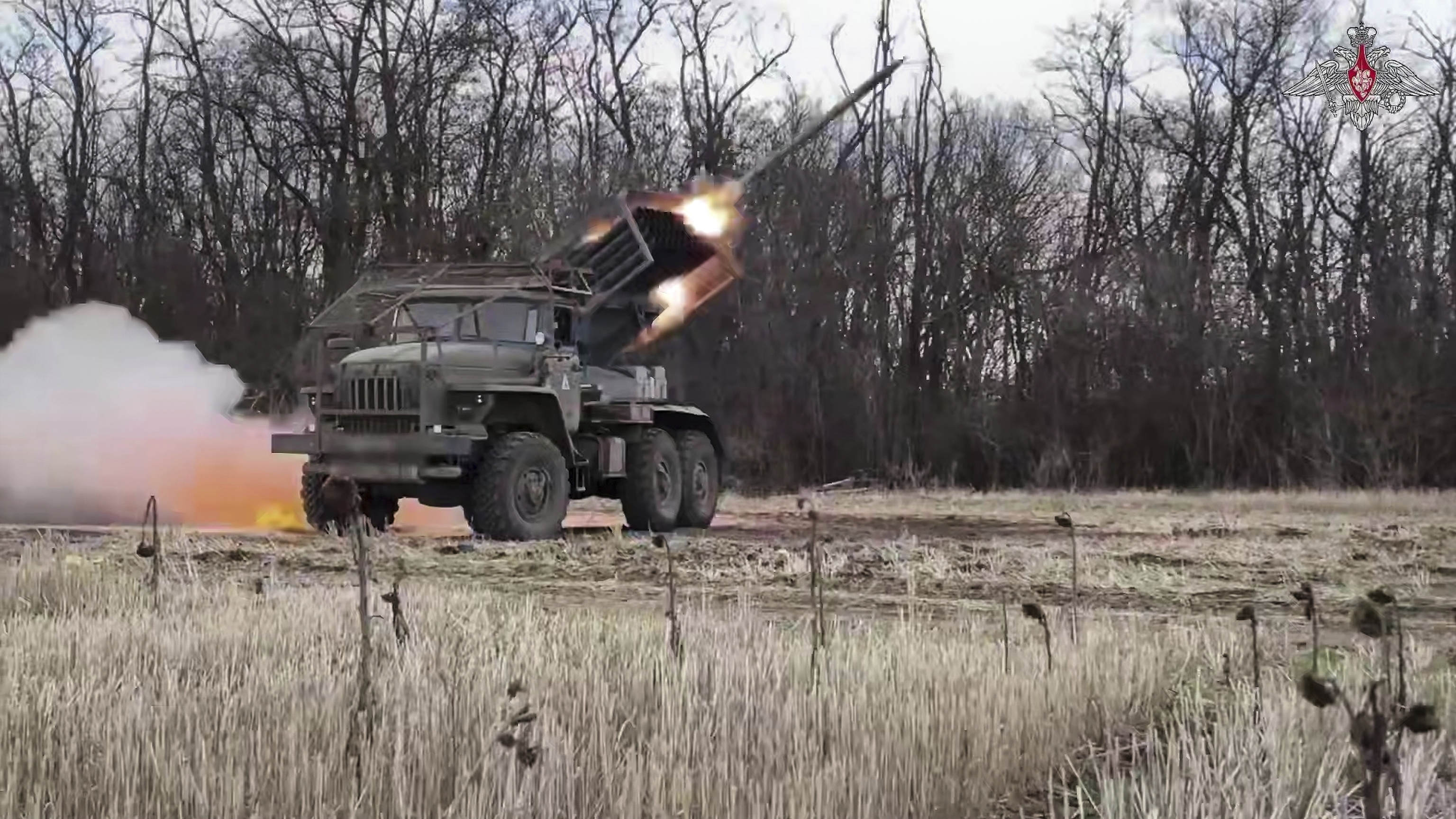The chancellor-elect Friedrich Merz has not taken office yet and has already chosen what Olaf Scholz did not want, blocking a decisive delivery since 2022: "I will facilitate the delivery of Taurus missiles to Ukraine if the European Union partners approve it." These missiles, launched from the Ukrainian sky, can reach targets even on the outskirts of Moscow.
Of course, several EU leaders responded positively. "We must do more so that Ukraine can defend itself and civilians do not have to die," commented the EU's foreign affairs chief, Kaja Kallas. "I think it would be a very important signal of Europe's position in the war," declared the Dutch Foreign Minister, Caspar Veldkamp. His Polish counterpart, Radoslaw Sikorski, who fought as a volunteer against the Soviets in Afghanistan, described Merz's offer as "very good".
In the current scenario, with Donald Trump buying all of Vladimir Putin's propaganda merchandise and giving in to his demands to negotiate a ceasefire, Merz's gesture provides a respite for a Ukraine abandoned by the US.
These missiles, requested by Kiev two years ago, add a military capability it does not yet have: the ability to attack high-value targets at distances between 300 and 500 kilometers away. For this reason, the most desired target by many Ukrainians to attack was immediately mentioned: the Kerch Bridge connecting Crimea with mainland Russia. Merz referred to it as a possible target for these missiles. Moscow was so bothered by those words that Dmitry Medvedev, former President of Russia and current Deputy Head of the National Security Council of the country, responded in his usual vitriolic tone: "Think twice, Nazi!".
The Taurus is a cruise missile, meaning it flies propelled by a rocket parallel to the ground. It can be programmed to bypass mountains or enemy anti-aircraft defenses and must be launched from an aircraft.
Ukraine has a model with this capability: the old Su-24, a Soviet bomber that Ukrainians have already upgraded with Western technology to be able to launch the Franco-British Storm Shadow missiles (of lesser range). The integration of these missiles into the Ukrainian Su-24 was a significant technical achievement, carried out with the help of the UK and France, demonstrating that it is possible to integrate Western weapons into Soviet platforms with sufficient technical and political will.
However, Merz's decision would be marked by the lack of missiles. Germany currently has around 600 Taurus KEPD 350 in its arsenal. However, only between 150 and 300 units are operational, as the rest are undergoing maintenance or modernization. The German Ministry of Defense has proposed the purchase of an additional 600 Taurus missiles, with an estimated cost of 2.1 billion euros, but they are still in the financing and manufacturing phase, and arms factories currently have too many requests to fulfill. In other words, Ukraine would receive a few dozen at best, which would need to be adapted to their Soviet bombers, taking some time. When they are finally available, it is possible that the Russians will move their logistics even further from the front or disperse them.
Fabian Hoffmann, a German defense analyst, pointed out that there are no technical impediments for Ukraine to operate the Taurus missiles without direct involvement of German troops. According to Hoffmann, the German government's reluctance "is more due to political considerations than technical limitations".
Although he also delayed his decision, Joe Biden eventually agreed to the delivery of ATACSM missiles to Ukraine, although in this case, they are medium-range ballistic missiles (around 300 kilometers) and in very limited deliveries. Shortly after receiving them, Ukraine destroyed an airfield near Berdyansk where eight combat helicopters were stationed, a significant blow. But at this point, Kiev may have exhausted these units, and Trump does not seem to be considering delivering more.
In Ukraine, it is assumed that the United States is definitively withdrawing its military support for Ukraine, while the peace process, with an arbitrator clearly leaning towards Putin, is on the verge of derailing. The Kremlin demands five Ukrainian territories not only occupied but their complete borders in exchange for a ceasefire, something that Steve Witkoff, Trump's envoy, sees as a triumph, but which Ukraine and Europe will never concede. Ukraine would only allow, de facto and never officially, control over the occupied territories to stop the war, but not a centimeter more. This huge discrepancy will be the end of these peace negotiations, a disaster in which it has been more important for the US and Russia to talk again than for peace itself.
